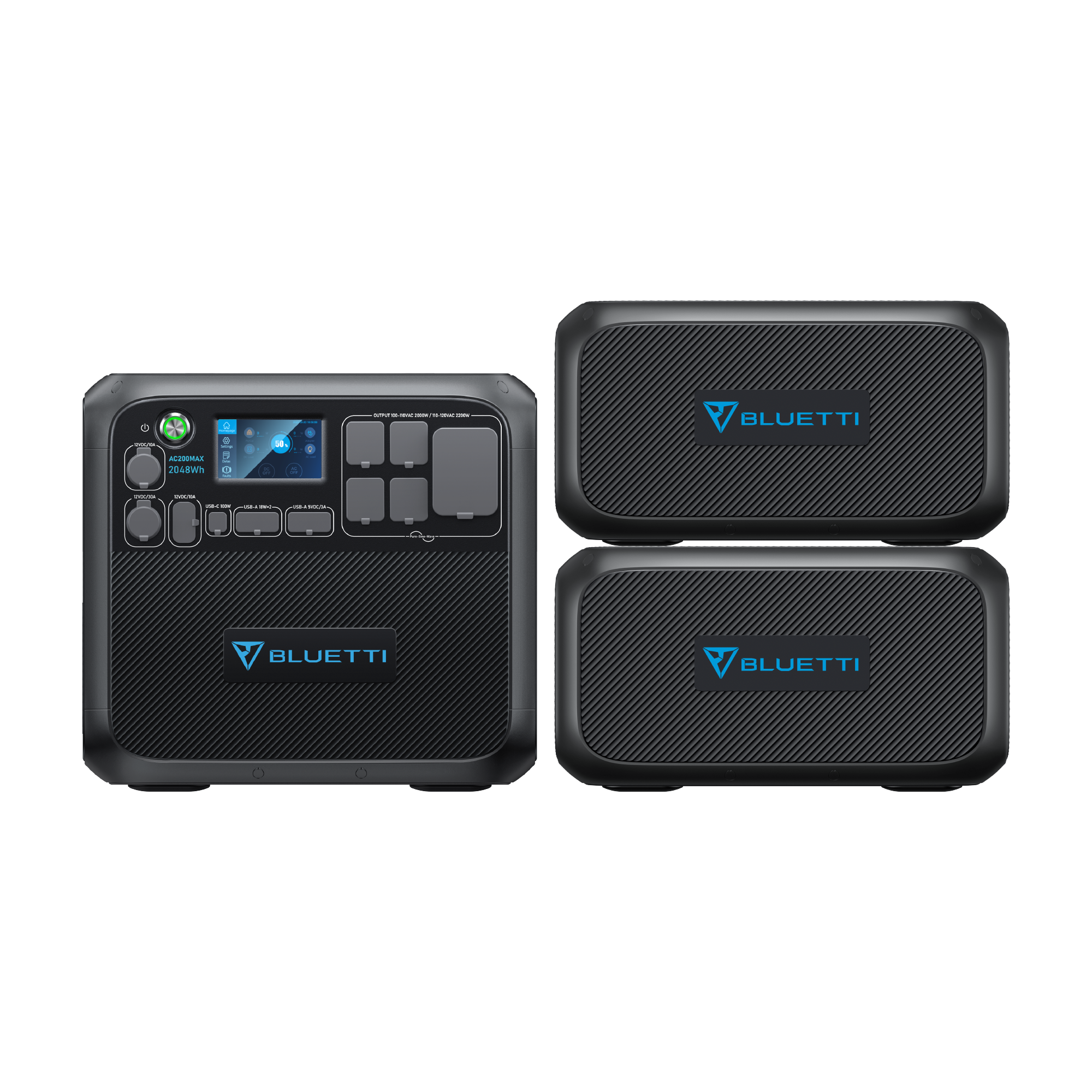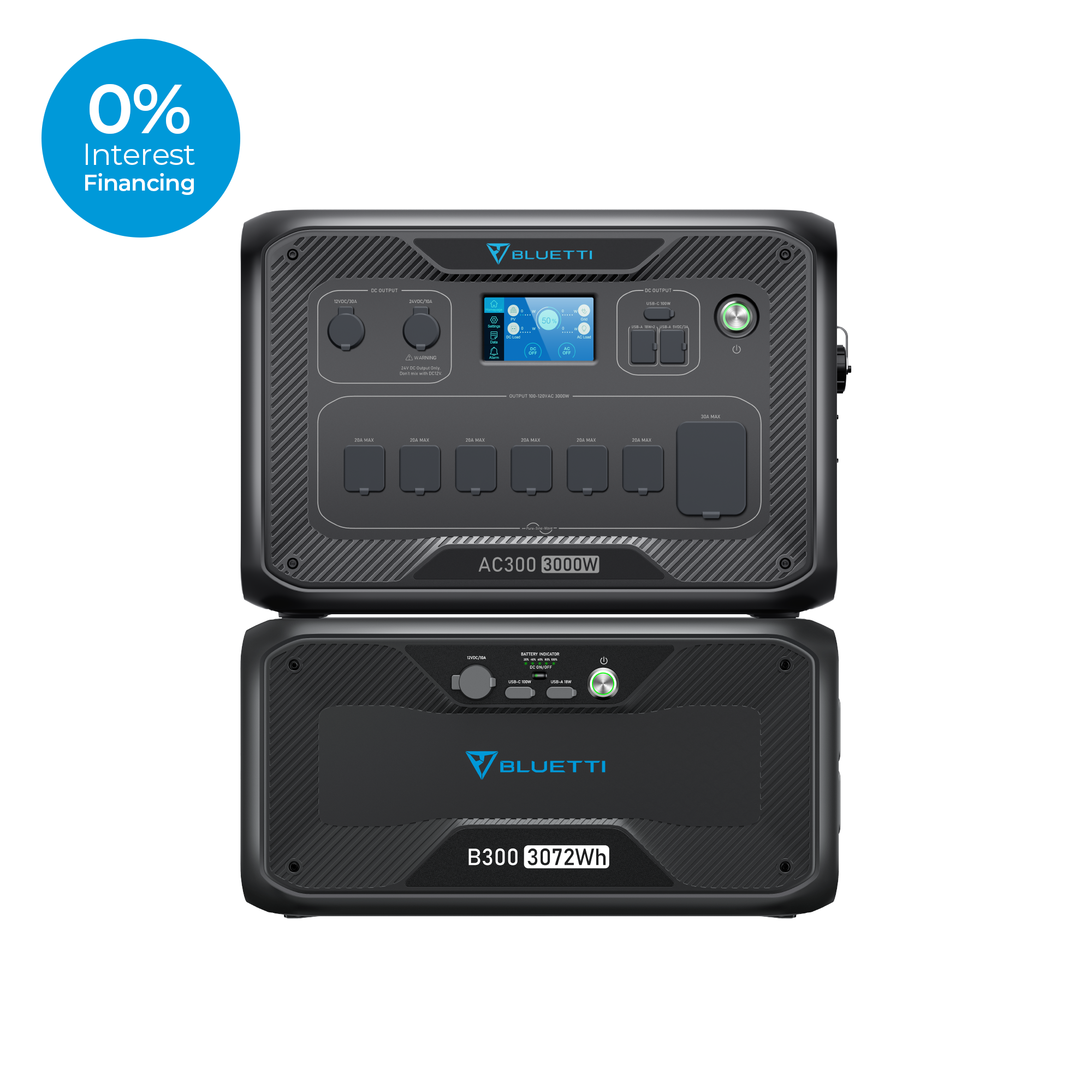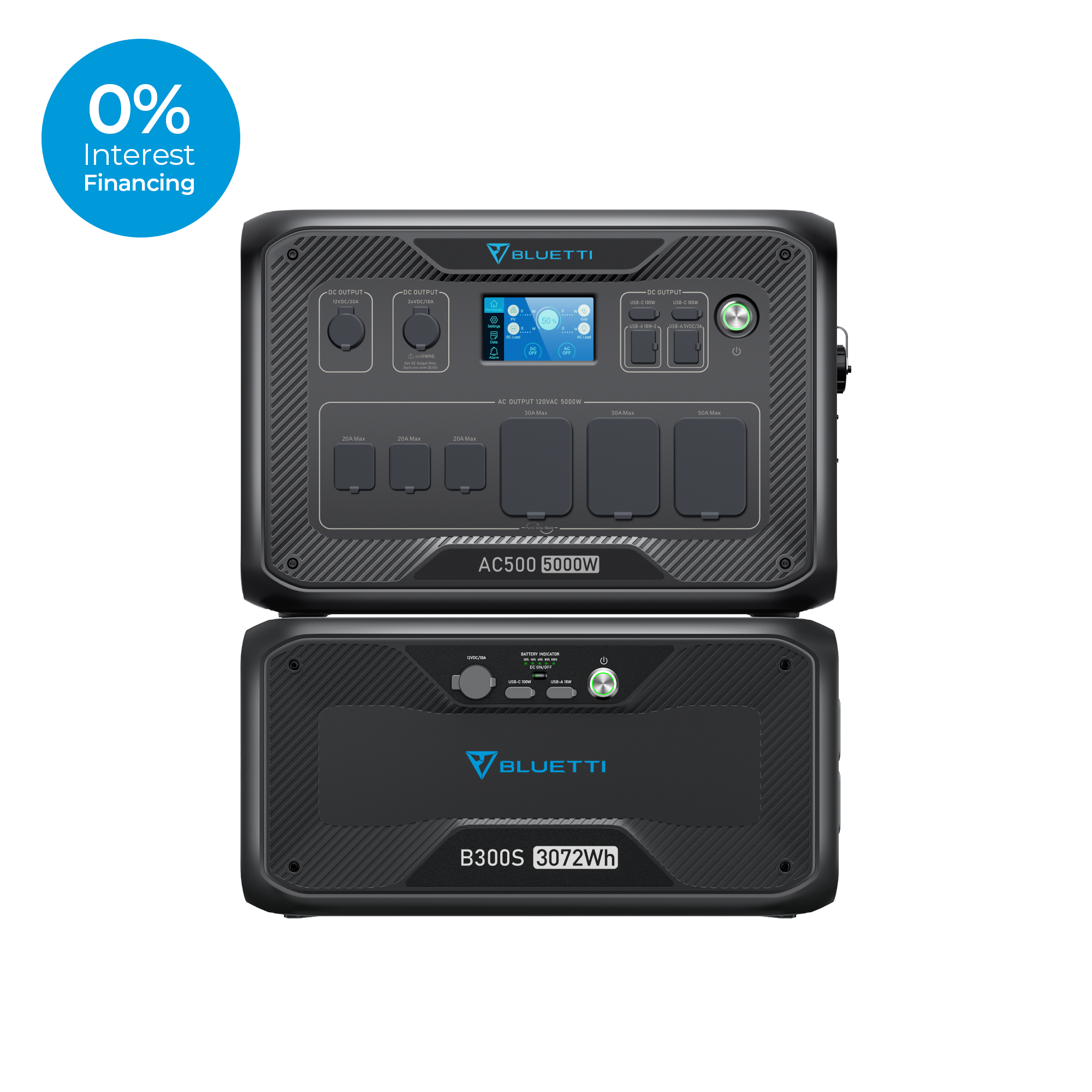Connecticut, the southernmost state of the US, is renowned for its aesthetic landscapes, vibrant city life, and high living quality. However, one potential downside of the Constitution states is its living cost, which is 13% higher than the national average. Whether this is about food, transport, residence, or any other domain, the cost of living here surpasses the national average in all aspects.
For a more comprehensive understanding of how much you should budget in Connecticut, this article will be a detailed guide. By the end, we will also share some useful tips to help you curtail your expenses.
What Is The Average Cost Of Living In Connecticut?

The cost of living in Connecticut is compiled by the Council for Community and Economic Research by taking into consideration various parameters like housing, utilities, consumer goods, and servicing prices. Its last report, published in March 2024, underscores a 13% higher cost of living than the rest of the country.
However, this average is not a standard unit applicable throughout Connecticut. Instead, it's a variable that changes from city to city. For example, in Stamford, the average prices are 28% higher than the national average, and in Hartford, the cheapest city in Connecticut, they are only 3% higher than the national average.
What Is The Average Housing Cost In Connecticut?
Housing contributes around half to the total cost of living in CT. While housing prices in the US are already above global averages, the situation is even worse in CT. So whether you plan to rent or buy, be ready for some high price tags.
Normally, renting a one-bedroom apartment in CT costs around $1500, and for a three-bedroom apartment, it is around $3400. However, after size, this price greatly varies depending on the location of the housing. For example, single-bed apartments near city centers can cost $300 to $500 more than apartments on the outskirts.
What Are the Average Utility Costs In Connecticut?
Connecticut does not have any natural fossil fuel reserves and transports gas from nearby states to produce electricity, which increases electricity costs and, eventually, utility costs.
As per stats from the US Energy Information Administration, the state's average monthly electricity bills are around $285, higher 64% than the national average.
Along with other utilities, CT residents pay around $600 in total in terms of utility bills. The table below includes average bills for different utilities.
|
Utility |
Average Bil |
|
Electricity |
$285 |
|
Water |
$70 |
|
Gas |
$111 |
|
Internet & Phone |
$154 |
|
Streaming |
$48 |
How Much Monthly Grocery Costs In Connecticut?
When it comes to grocery costs in CT, the difference is meager, almost negligible. In some cases or in specific cities like Bridgeport, it may be even less than the US average of $438 per month.
However, on average, a CT resident spends around $400 to $500 on monthly grocery items, which include bread, fruits, water, milk, vegetables, etc.
What Are The Transportation Costs In Connecticut?
Like any other US state, CT's transportation costs are subject to the stability of the global oil market. If the rates are higher globally, then your transportation bills might increase. However, on average, they are the same as those of the other US states.
Here are some further details on recent prices. A local transport ticket costs $2.18 daily or $59.6 monthly. A taxi ride for one km costs around $1.8, and petrol rates are $0.93 for one litter.
How Much Healthcare Costs In Connecticut?
Access to easy and affordable healthcare is fundamental, no matter where you go. For CT, the healthcare costs are variable depending on your insurance type and personal situation.
On average, you can expect around $100 for one doctor visit and $12 to $15 for weekly medicines. Further, with complete healthcare insurance, you can expect annual health expenditures of around $3000 per person.
How Much It Costs For Childcare In Connecticut?
The childcare expenses in CT are the same as in any other US state. Tuition fees and other related bills total $10,000 annually. However, there may be some variations depending on each child's age and education level.
How Can I Save On My Monthly Budget In Connecticut?
In CT It’s difficult to cut your budget as the above-mentioned expenses are necessary. However, by considering some mindful approaches, savings can be made. In this regard, below are some effective tips.
Saving on housing
For housing, try to pick a location with low rents. Although you may end up losing more in terms of transportation costs, your rent savings will be much higher and outnumber them. Further, choosing a small flat or looking for roommates are good ideas to cut down your housing expenses.
Saving on utility bills
Next comes utility bills. To reduce your electricity bills, use your appliances wisely. Don’t let them at stand by, as they will still be using power. Maintain and manage your HVAC by smartly adjusting your thermostats because they consume almost half of your total power needs. Further, choosing a single provider or opting for bundle offers could be a viable solution for streaming, phone, and internet bills.
Saving on transportation costs
Regarding transportation bills, owning a car is only recommended if you are a frequent traveler. Relying on public transport can help you save on maintenance and insurance bills for your car.
BLUETTI Solar Generators For Your Ultimate Saving Goal
Though the above-mentioned suggestions are thought-provoking, their implementation may require you to sacrifice your lifestyle or leisure. An easy way out is shifting to the solar system.
Electricity bills, due to 64% higher electric costs in CT than the national average, burden monthly budgets heavily. By going solar, you cannot only cut your monthly bills, but with a BLUETTI smart solar generator, you can even produce extra power to be sold to the grid, earning some good bucks in return.
Regarding their initial costs, BLUETTI offers a PRICE MATCH GUARANTEE that ensures the lowest available price across the market. Further, most of the units qualify for a 30% Federal Tax Credit, further lowering the upfront costs.
BLUETTI AC200MAX
For those on a low budget, this pure sine wave inverter is best for effectively reducing electric bills. Its 2200W is enough to run almost all your home appliances. Paired with a B300 battery of 2048Wh battery capacity, it runs your 8000BTU air conditioner for 8-14 hours, refrigerator for 30-56 hours, and lights for 100+ hours.
This expandable, modular unit allows for power storage extension to 8192Wh with additional B300 batteries. Its 7-way recharging offers convenient energy storage, ensuring you never run out of power. The availability of 16 outlet ports makes it highly compatible with all your home appliances.
The system comes with a PRICE MATCH GUARANTEE and qualifies for a 30% Federal Tax credit, ensuring you get the maximum by paying the minimum.
AC300+B300 | Home Battery Backup
Ensure uninterrupted power supply and zero electricity bills, all while having zero carbon footprints with AC300. The unit comes with an impressive 3kW power output capacity to ensure a reliable and enough power supply for all your home appliances.
Its pre-built 3072Wh LiFePO4 battery capacity is expandable up to 12,288Wh, so you can tailor your power backup according to your needs and budget. Though it has 7 different charge streams to ensure always available electricity, the experience of 2400W fast charging with solar power is indeed unique.
Going further, the smart controls with Wifi and Bluetooth allow for effortless operations. With a 20MS response time, your devices keep running without any interruption whenever conventional power goes out. With all this said, what makes AC300 a sure buy is its PRICE MATCH GUARANTEE, coupled with four years of overall warranty and lifetime customer support. Indeed, this super unit is the go-to solution for all your power worries.
BLUETTI AC500+B300S | Home Battery Backup
Transform your home to your personal grid with AC500 exceptional 5kW output capacity. Its split-phase bonding with 240V support and 10kW surge capacity ensures reliable power availability for all your heavy-duty appliances.
The prebuilt LiFePO4 battery capacity of 3072Wh offers 3500 plus charge cycles extending its lifespan to more than 10 years with one charge cycle per day. But, in case, you found the capacity not enough for your power storage needs, it can also be extended upto 18432 Wh.
What sets this unit apart is its super fast charging speed, which only needs 1.5 to charge batteries from 0% to 80%. Further, the 16 versatile output ports, including wireless charging ports, make the unit compatible with all your home appliances.
The system can be operated effortlessly through Wifi and Bluetooth, offering easy connectivity, tailored power consumption, and real-time power information. Lastly, with the sale of each AC500 unit, BLUETTI donates a solar panel to one needy African panel, so place your order now, get rid of electricity bills, and be part of a global cause.
The Bottom Line
Connecticut's cost of living is apparently higher than the national average. However, the state’s high living standard and availability of quality facilities like education, health, and transport are good returns.
If you want to save on your monthly budget, investing in solar power is recommended. BLUETTI solar panels could be an all-in-one solution. They help you cut energy bills and earn money through net metering. Visit the website to choose what aligns best with your needs.










































































